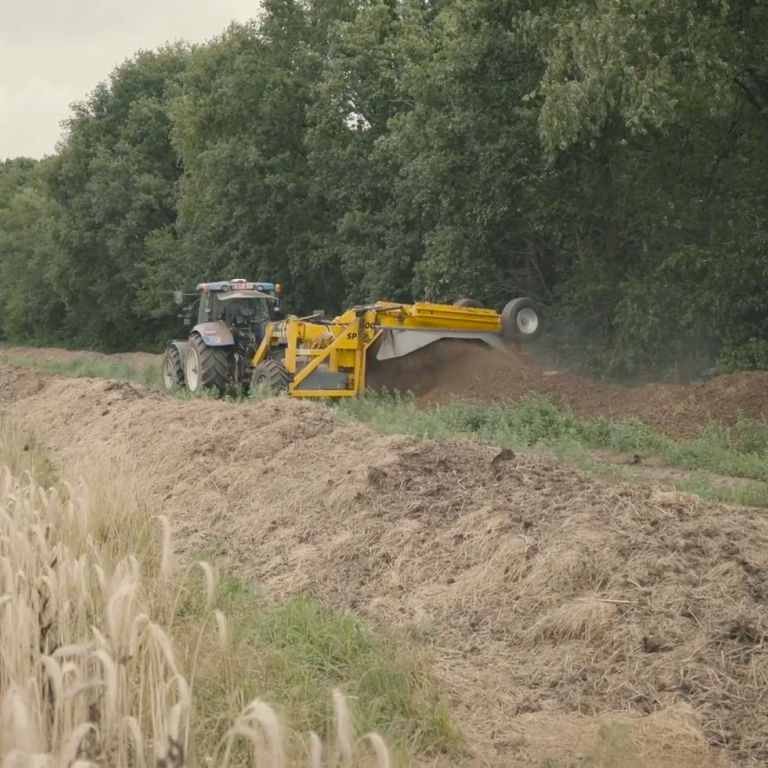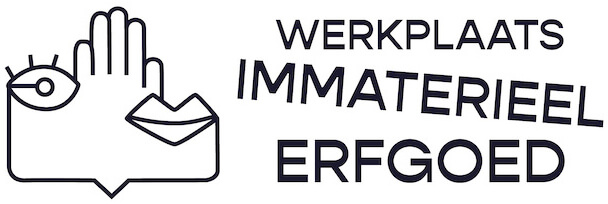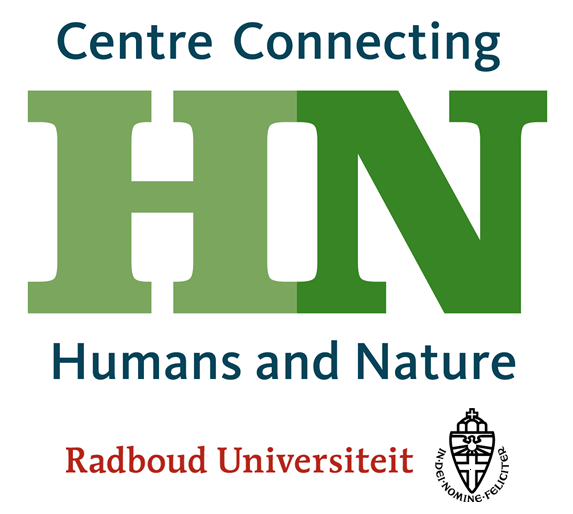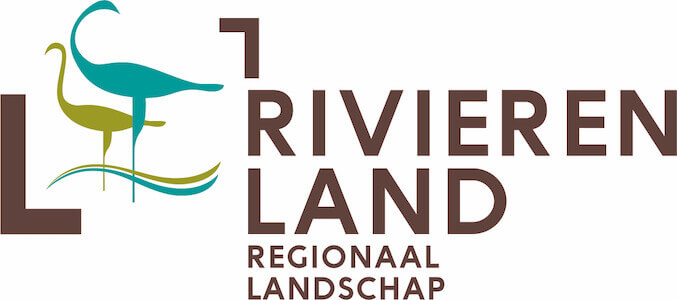The health of our soils is crucial for sustainable food production and healthy ecosystems. Soil health is linked to the presence of soil microorganisms, such as bacteria and fungi, insects, and soil composition and carbon levels. Due to climate change, good soil quality is also becoming increasingly important, for example, for water retention.
To restore soil health, the past can offer inspiration and solutions. The use of organic waste has been part of agricultural systems worldwide for centuries. These organic waste streams can be used for soil improvement through various techniques and processes. Practices such as mulching, no-till farming, or agro-ecological farming have a positive effect on soil health. In the "Soil" theme year, we'll dig into the soil – literally and figuratively. We'll discover how compost is simultaneously a soil improver, fertilizer, a cycle, and a climate solution.

Composting
Compost is a dark, almost black, crumbly substance made from organic matter that can be used as a fertiliser and soil improver
As an age-old agricultural practice—and a form of intangible heritage—composting offers many opportunities for ecological sustainability, soil health, and climate adaptation.

Educational past
Age-old agricultural practices like composting are once again (or still) important today. Their positive impact on our soil health cannot be underestimated.
In the Water & Land project, we uncovered several needs, requirements, and insights for a holistic approach to composting. We share these lessons learned in the hope of inspiring others to study and utilize (intangible) heritage as a lever for ecological sustainability.
















